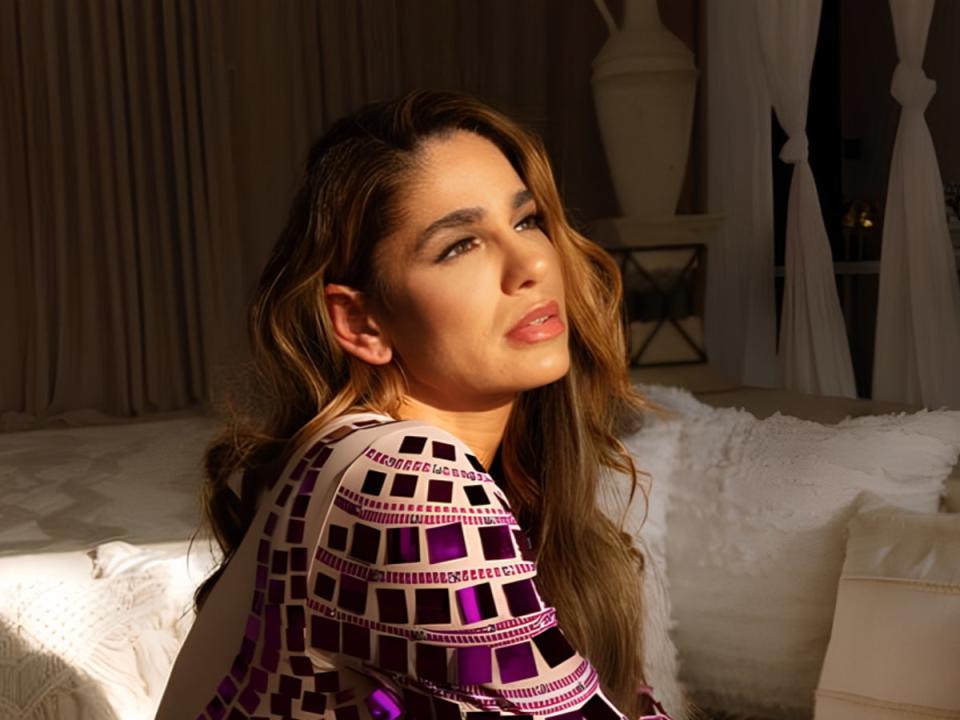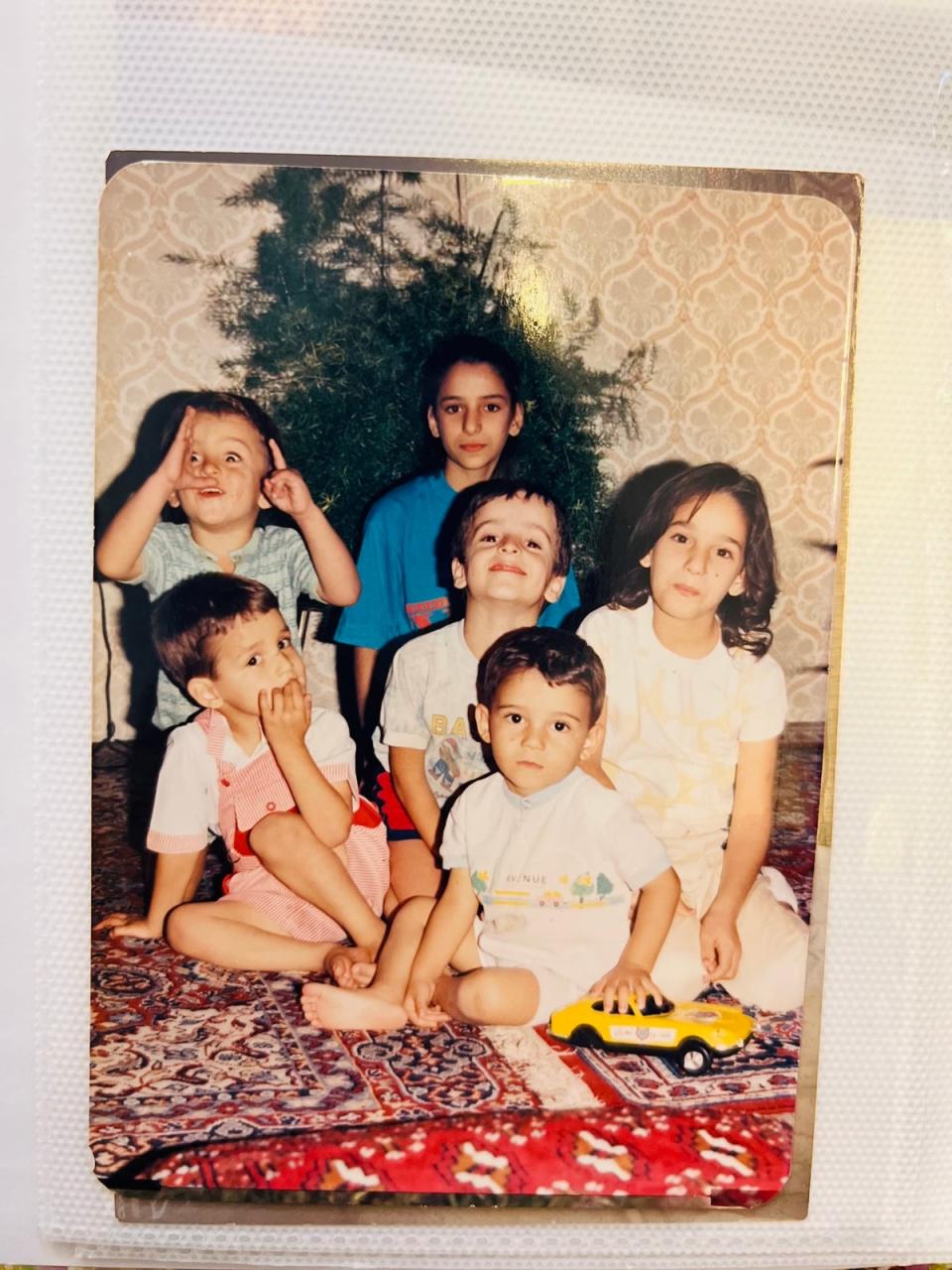World Refugee Day: Iranian singer Shab on fleeing her home, oppression and her hopes for the future
World Refugee Day honours refugees around the globe, celebrating the strength and courage of those forced to flee their home countries to escape conflict or persecution.
Held each year on 20 June, the event was launched to help put a spotlight on refugee rights, as well as to mobilise governments into providing better resources to help them thrive in their new communities.
To mark World Refugee Day 2024, Iranian pop singer Shab reflected on her own journey, from fleeing Iran to the US via Germany, where she learned English as a teenager while working three different jobs.
After graduating university, she decided to pursue a career in music and has since released a string of singles while also using her platform to campaign for women’s rights in Iran.
What does World Refugee Day mean to you?
For me, it's a reminder of the blessings that I have received by being able to flee the country of my birth as well as enjoy the freedoms and liberty that we enjoy in the West. I have many relatives who have been unable to depart Iran — and they will freely tell you that common people there are constrained as to what they can think and how they can act.

Even worse — but as my father was seen as part of the Shah’s petroleum administration — my family became targets of the fundamental regime. Two of my brothers were kidnapped for extended periods until ransomed: and rarely a month would go by without someone doing a drive-by shooting of our house. Iran had turned into a scary place for my family and my mother was determined to get us out of that hellhole.
Most people in the West have not the faintest idea what it is like to be denied basic human liberties, much less the rule of law. So the occasion of World Refugee Day always puts me into a sense of gratitude that I live in America — a nation, while flawed, that nonetheless that provides equality under the law and allows people to be who and what they truly are.

You and your family fled Iran when you were just eight years old, do you remember anything about that time?
I remember those times quite well. I would cry to my mother almost daily as to why I had to wear a hijab and cover my hair. I couldn't understand as to why I couldn't leave the house unless accompanied by one of my brothers. I was horrified by the treatment of my sisters by the Morality police, who would batter and assault women who violated their curious moral code.
What did it mean to be a refugee in America? What were your experiences?
To be truthful, my first years in America were incredibly difficult. I arrived at JFK Airport in New York, traveling alone, speaking no English and with all of my worldly possessions in a single and carried suitcase. The children in my school would tease me for being an unable to speak the language, and I learned the language mostly by working three different part-time jobs when not in school. It was also a time during heightened tensions between Iran and the United States – and I was endlessly mocked and teased by my peers and others for the actions of a “Gangster Regime” in Tehran that my family detested.

How do you feel about your refugee status today?
My family’s story is something of the American Dream. My mother came to America as a widow with 13 children to feed, clothe and shelter. And everyone in my family has since over the years been able to find their own path in America, thriving as entrepreneurs.
My own life is so magical today that it is hard to sometimes realize how much life has improved since we were able to escape Iran. And my story demonstrates that one does not have to allow persecution and kleptocratic experiences to dictate the rest of your life story.
How have things changed, for better or worse, for women in Iran?
Things have gotten marginally better as a result of the civil unrest that has dominated the last two years. In order to guarantee its survival, the addled old men in charge of the government decided to allow a bit more freedom for women. But by Western standards, these relaxations are just a drop in the bucket, with Iran being still a place where a woman can be beaten, imprisoned and even murdered for expressing her femininity.
Do you have hope for your country's future and if yes, what have you seen that's inspired this?
We often forget that one of the greatest things in life is hope. So long as the people of Iran understand that their cause has not been abandoned by the West, there will always remain hope among the people.
Persians by their nature are joyous, resilient and strong. But regime change will only occur when millions of my Persian brothers and sisters decide that it is better to risk their lives than to be controlled by these self-styled holy men who are only truly interested in perpetuating their rule and enjoying the perquisites of their power.
And it is my greatest hope relating to my birth country to be able to perform in Azadi Square as I celebrate with hundreds of thousands of my fellow Persians as we dance on the grave of a vanquished authoritarian and misogynistic regime.

